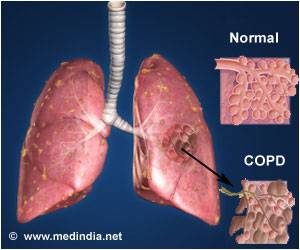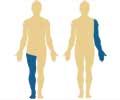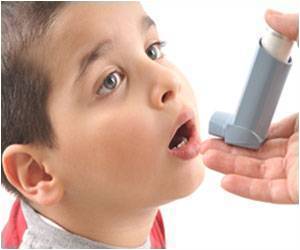US doctors fear that there might be a link to a nationwide outbreak of a usually rare respiratory virus among children in Colorado.

The US Centers for Disease Control and Prevention website gives the figure of mild to severe respiratory illness cases as of January 15 to be 1153.
The physicians have examined 12 cases of sick youngsters over a three-month period at the Children’s Hospital Colorado.
Roughly a week after falling ill with a fever and breathing difficulties, the 12 had varying degrees of muscle weakness in the arms and legs as well as facial paralysis or problems swallowing.
Eight of the 12 tested positive for enteroviruses or rhinoviruses, of which five were identified as EV-D68. Scans showed that 10 children had spinal cord lesions and brainstem lesions were seen in nine.
“Over the past four years, our hospital has seen a maximum of four similar cases in any three-month period where children lose the use of one or both arms or legs. These 12 cases are three times that,” said Samuel Dominguez, a microbial epidemiologist.
“EV-D68 will be added to the list of non-poliovirus enteroviruses capable of causing severe, potentially irreversible neurologic damage, and finding effective antiviral therapies and vaccines will be a priority”, Dominguez said.
Source-Medindia
 MEDINDIA
MEDINDIA



 Email
Email










